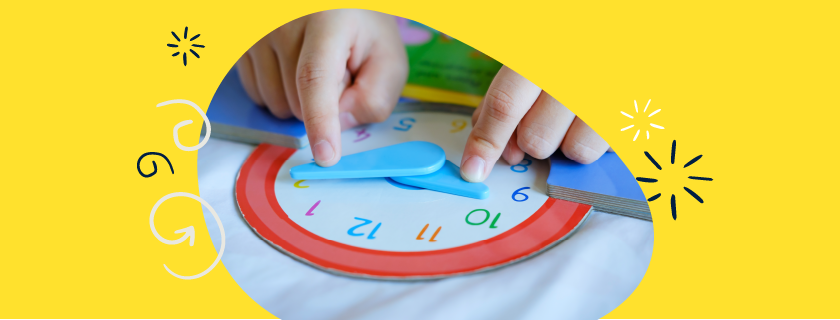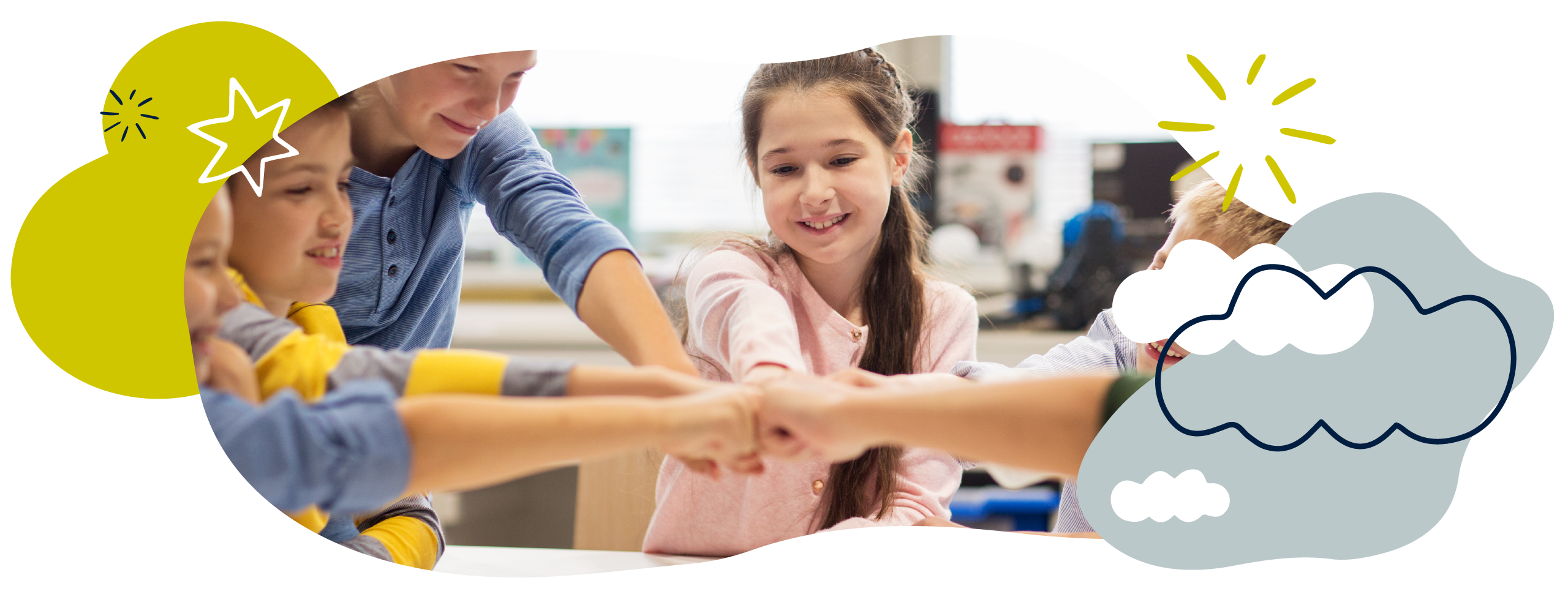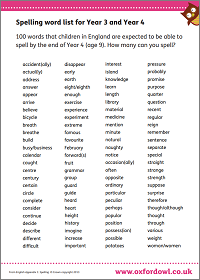What to expect in Year 3
What will my child do in Year 3?
1. Increased focus on spelling
In English, your child will continue to work on the spelling patterns they have begun in previous years, but this year there is less of a focus on phonics and more emphasis on understanding and learning the spelling rules, as well as attention to prefixes and suffixes.
There are statutory spelling lists for Year 3 and 4, so schools will split these across the two years, with teachers adding additional topic-linked words or words they feel their class needs to practise.
Spelling Word List for Years 3 and 4
How many of these 100 words can you spell?
2. Develop writing skills
In writing, schools focus on creativity and writing styles; looking at settings, language style, and character within their writing. Your child will also study different genres of writing such as poetry and play scripts.
3. Maths
You will probably notice your child beginning to use column addition and subtraction of three-digit numbers this year, as well as learning about multiplication and division, and using — and applying — their times tables knowledge. They will also cover fractions of quantities, equivalent fractions, angles, parallel and perpendicular lines, area, perimeter, and shape.
4. Science
Science in Year 3 is engaging and fun. Your child will learn about life processes, rocks, light, forces and magnets, and animals (including humans). How to work scientifically and write up their investigations in a more formal way — using predictions, methods, results and conclusions — is also a key part of this year’s science curriculum.
How can I help my child in Year 3?
1. Practise weekly spellings
You can support your child at home by helping them to learn their all-important weekly spellings — these are usually tested once a week. Take a look at our tips to help with spelling homework.
2. Continue reading
Reading is key this year and there are plenty of ways you can help. It is still important to listen to your child read regularly. Ask questions about what they’re reading. This will encourage your child to think deeply about their reading, whether they’re reading aloud or independently. A fun way to encourage expression is to use silly voices – and even to make the occasional deliberate mistake – as allowing your child to correct you helps them to see why certain punctuation changes the way we read aloud.
3. Diversify their reading
Give your child access to as many different styles of writing as you can. This will assist with their reading fluency and expand their vocabulary and knowledge. Our free eBooks are a great way to do this!
4. Practise maths
In maths, you can support your child at home by practising the relevant times tables (3, 4, and 8 times tables – as well as the 2, 5, and 10 times tables from Year 1 and 2) regularly. This can be done in many ways and different children respond to different styles. Take a look at our help with times tables page to help you.
Useful resources on Oxford Owl

Free eBook library
Find a huge selection of free ebooks to encourage your child to read and support their reading journey in our library.
Take a look >

Make learning times tables fun
Find our tips for helping your child learn their times tables and how to make the process fun.

Learning to tell the time
Find out how your child will be taught to tell the time and what you can do to help at home.
Find activity ideas to develop maths skills
Find a range of activities to help your child develop their maths skills.
Encourage readers
Read our guidance and tips on how to encourage your child to read independently. Take a look >
National Curriculum for England, Scotland, and Wales
All information on Oxford Owl for Home is aligned with the National Curriculum for England. Much of this information is also relevant for children in Scotland and Wales.



